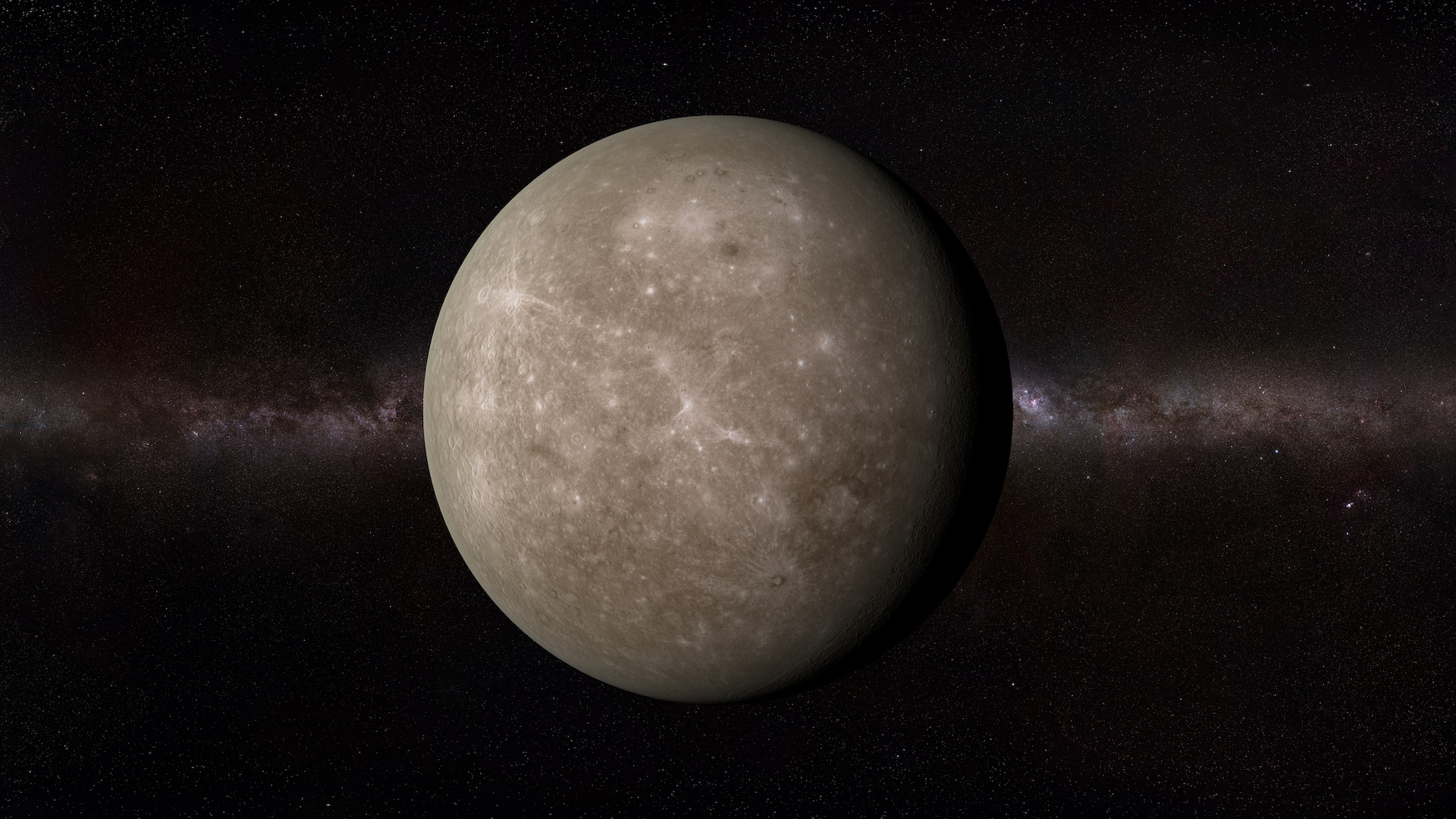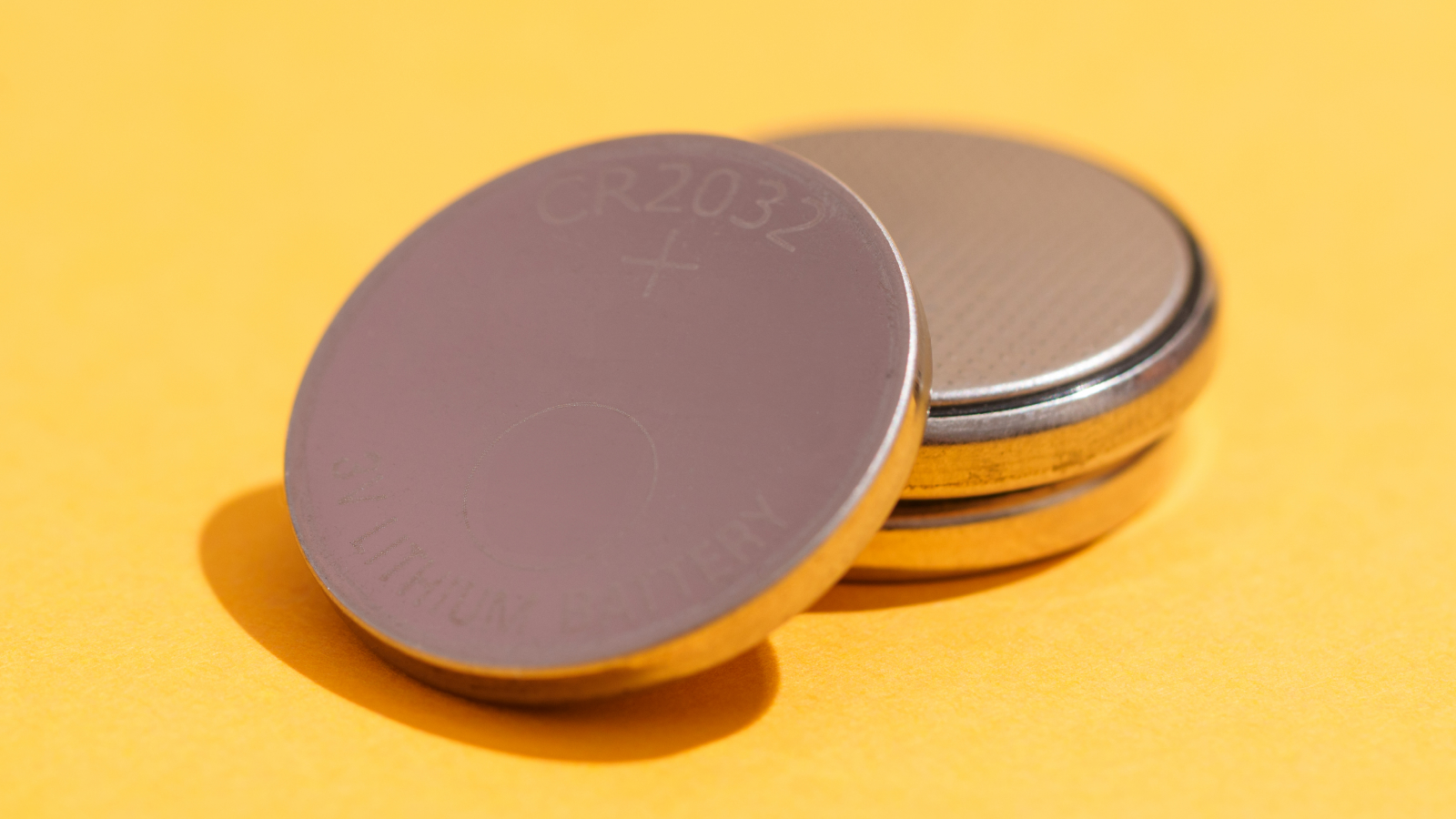Children, Vol. 10, Pages 421: The Mother-Baby Bond: Role of Past and Current Relationships
Children doi: 10.3390/children10030421
Authors: Emanuela Bianciardi Francesca Ongaretto Alberto De Stefano Alberto Siracusano Cinzia Niolu
During the perinatal period, up to 25% of women experience difficulties in relating to their child. The mother-child bond promotes the transition to motherhood, protects the woman from depression, and protects the child from the intergenerational transmission of the disease. This study prospectively investigated if the relationship with the co-parent, the attachment style, and the bond that women had with their parents influenced the mother-fetus and then mother-child bond. We also explored the role of depression and anxiety. One hundred nineteen pregnant women were enrolled. We administered clinical interviews and psychometric tools. A telephone interview was conducted at 1, 3, and 6 months of follow-up. Maternal insecure attachment style (r = −0.253, p = 0.006) and women’s dyadic adjustment in the couple’s relationships (r = 0.182, p = 0.049) were correlated with lower maternal–fetal attachment. Insecure attachment styles and depression correlate with bottle-feeding rather than breastfeeding. The bond women had with their mothers, not their fathers, was associated with breastfeeding. Depression (OR = 0.243, p = 0.008) and anxiety (OR = 0.185, p = 0.004; OR = 0.304, p < 0.0001) were related to mother-infant bonding. Close relationships, past and present, affect the bond with the fetus and the child differently. Psychotherapy can provide reassuring and restorative intersubjective experiences.

 1 year ago
22
1 year ago
22


